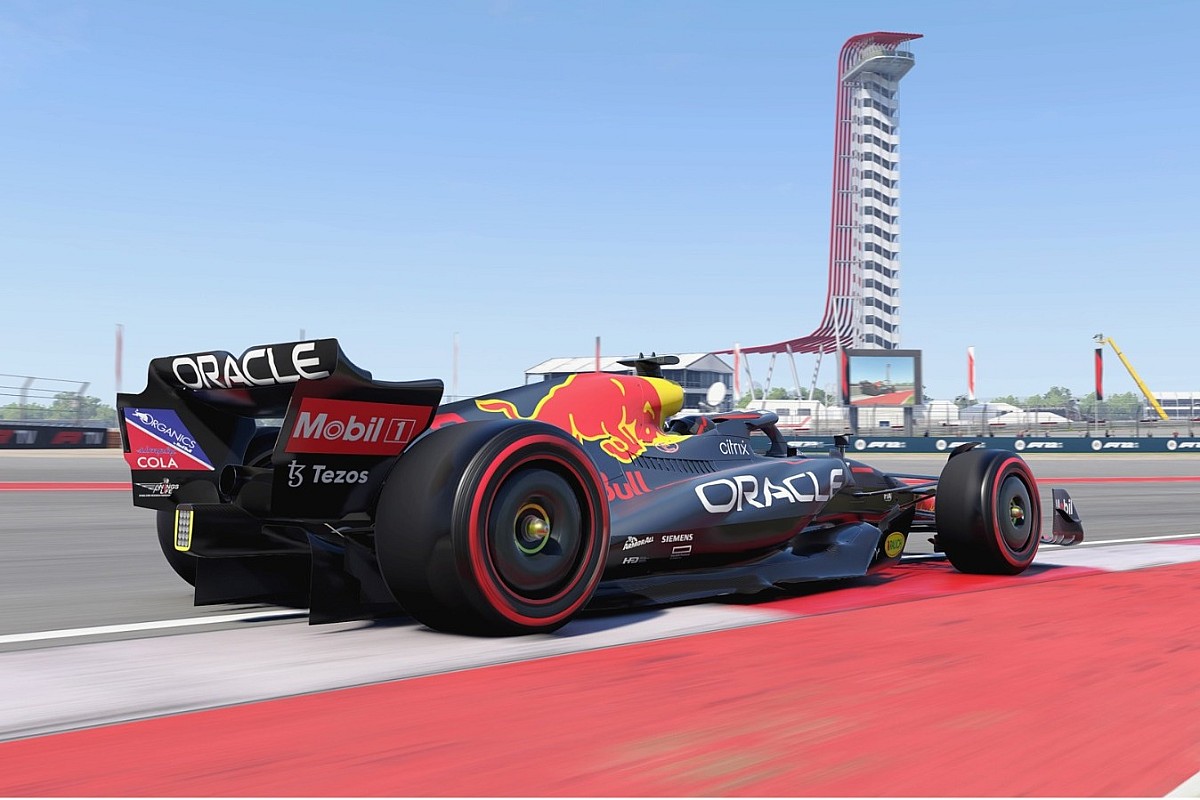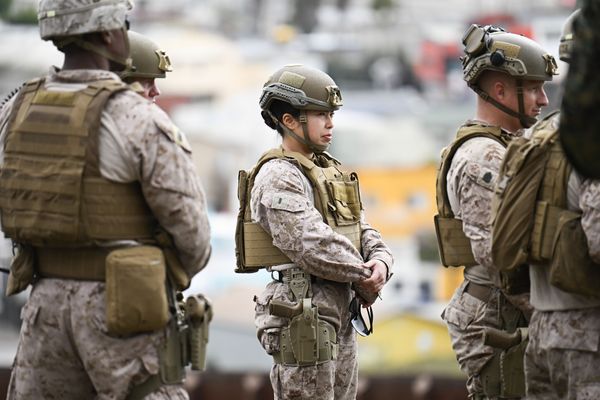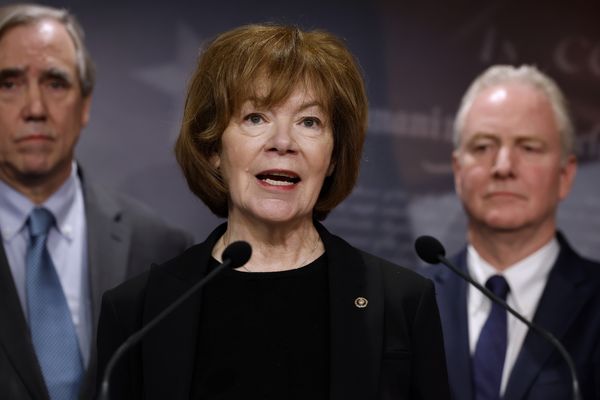
With Max Verstappen wrapping up his second world title recently at the Japanese Grand Prix, and Red Bull Racing seemingly on the way to the teams’ crown, you’d be forgiven for thinking that the team has every Formula 1 laurel sewn up for this season.
Not so, as the F1 Esports Series Pro competition is only halfway through, and Red Bull Racing Esports is in the midst of an intense duel.
Champions in 2019 and 2020, last year Mercedes-AMG took both the teams’ and drivers’ championships, thanks to the efforts of two-time overall victor Jarno Opmeer and Dani Moreno.
With the teams’ competition paying out all and any of the F1 Esports prize money, success here is the primary goal for any team taking the competition seriously.
Despite being bested by the Brackley-based squad in 2021, Red Bull Racing still finished a highly creditable second, and for this season, a third title is unquestionably the main target.

Ahead of the season, however, the team’s most successful driver, and 2021 Autosport’s Esports Driver of the Year, Frede Rasmussen wasn’t so confident.
“We’re struggling a lot more this year, compared to other teams who are quite slow at the moment,” explained the 11-time F1 Esports race winner.
“This year has been the worst for me so far. In any game. I’m really, really struggling with it. I don’t have high hopes for myself.”
Fast forward to after the first six races, however, and the Dane has picked up one dominant win at Silverstone and four podiums. Alongside a podium for Marcel Kiefer and the team is sitting second in the points behind McLaren Shadow.
Based on the first set of events, it will be these two teams fighting for ultimate glory, the papaya clan resurgent after the hiring of former Aston Martin driver Lucas Blakeley combined with the first-ever F1 Esports win for Iranian hot-shot Bardia Boroumand.
However, Red Bull Racing has a couple of aces up its sleeve, the first of which is dedicated test and development driver Liam Parnell.

While Rasmussen and team-mate Kiefer are the public faces representing the team during the live races, Parnell works with them to define settings and game plans.
“It’s really important to get the car set-up perfect,” said Parnell.
“If you would run a bad set-up, but you are a fast driver, you would still struggle with the defects.
“Also, race strategy is equally as important, especially because the field is so close together. Every call needs to be spot on, so we really need the data to be perfect. That’s what I’m trying to do.”
After all, in sim racing, there is unlimited testing so a third driver can play a significant data-gathering role.
“In real-world Formula 1 they are limited on [the amount of] testing,” highlighted Kiefer.
“They can only use the simulators to practice. But we have the exact same equipment to test which we are going to use [in the main races].
“So, if you don’t practice, somebody else could maybe find something more and it’s just all playing in your head and you just want to keep on top of everything.”

The Milton Keynes outfit has also been investigating different training methods away from the actual driving too.
“We’ve been doing some work with mental coaches for the last few days, and we will continue to work for them throughout the season,” explained Scuderia AlphaTauri driver Sebastian Job.
“Hopefully it will give us a bit of an edge. I have done quite a bit of mental coaching throughout my career so far and I think it has helped me quite a lot as a driver.”
As yes, Sebastian Job. The former Porsche TAG Heuer Esports Supercup champion on iRacing is competing in his second season in F1 virtual racing for the Faenza-originated team.
When I mentioned earlier that Red Bull Racing Esports has three drivers, what I meant was that it has six, thanks to the second team working in conjunction. Job is joined by the experienced Joni Törmälä and, in that battle with McLaren, former Woking-based competitor Josh Idowu.

“The first thing I noticed straight away, there’s a lot of structure and preparation that goes into making a good schedule that we all use,” explained 19-year-old Welsh driver Idowu.
“We’ve got our sim rigs all set up close to each other. It just helps with getting to know everyone.
“For example, after a session of practice, maybe a few hours, we’ll grab the bean bags. We’ll regroup, discuss what’s working and what’s not working on the set-up.”
The collaboration ethos is a sentiment shared by Törmälä, who has competed in every single F1 Esports competition since its inception in 2017.
“I’ve been teammates with Frede since the very beginning,” explained the laconic Finn.
“We know each other so well, like how we operate in practice, I think that makes a big difference.”

All six drivers compete alongside each other at the energy drink brand’s MK-7 building, home to the Red Bull Erena. It’s this comradery, which is also worked on during a pre-season boot camp, that is helping power the unit to more consistent results across the roster.
“It’s nice being here together to just bond a bit better and then also we can go to the gym in the evenings together as well to keep up the fitness,” continued Job.
“I think it’s a better atmosphere to be here. It can get a bit lonely when you’re behind a screen at home practising. It’s a very antisocial job.
“Coming here de-stresses you a little bit, at least for me, I really need that social aspect [in order to perform].”

The F1 Esports Series Pro championship this year has longer races, now up to 50 per cent the length of a real-world F1 event, and a schedule that is more spaced out. Now, there are four groups of three races, with each qualifying session and race held on the same day.
The next set starts on 2nd November for the seventh of 12 races, and with the expectation for the virtual team to match the real-world team’s successes this season, overlook Red Bull Racing Esports at your peril.
You can hear more from each Red Bull Racing Esports F1 driver on a recent Traxion.GG Podcast episode, available via Spotify, Apple Podcasts and Google Podcasts.







